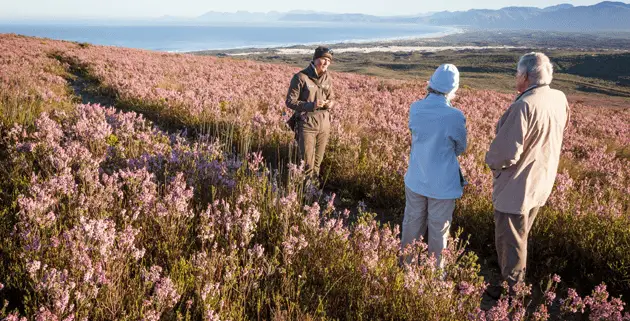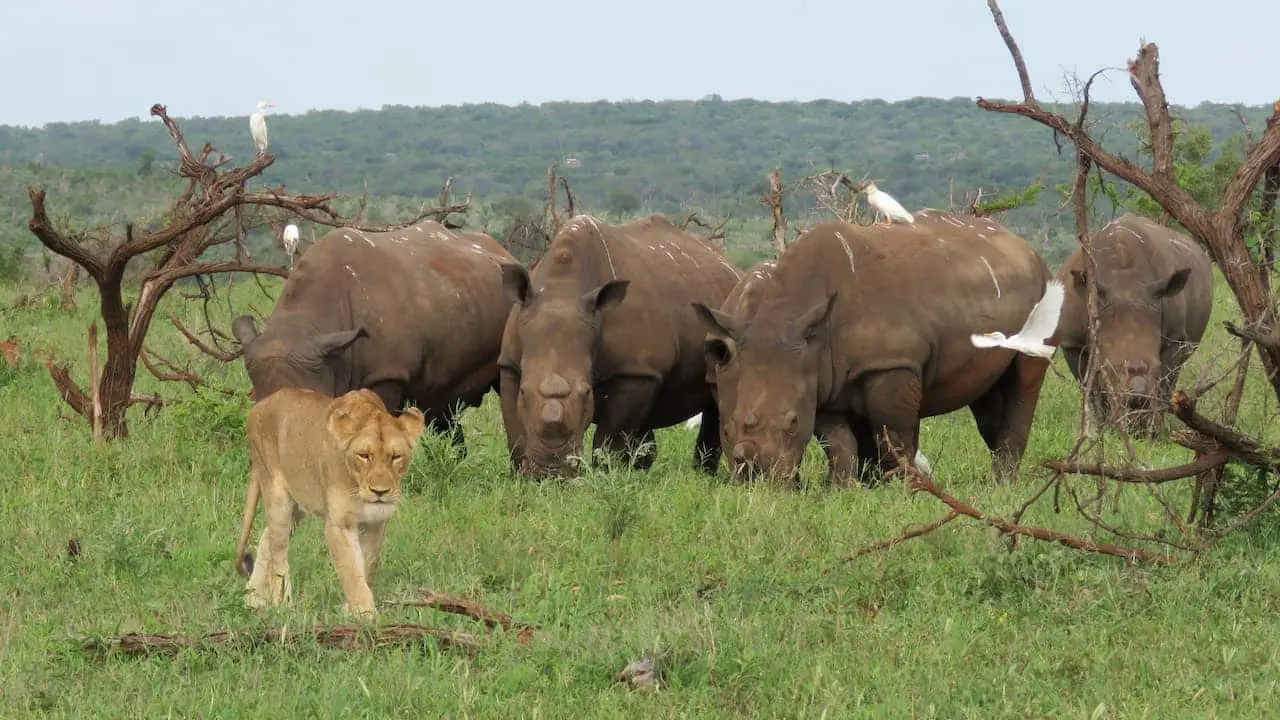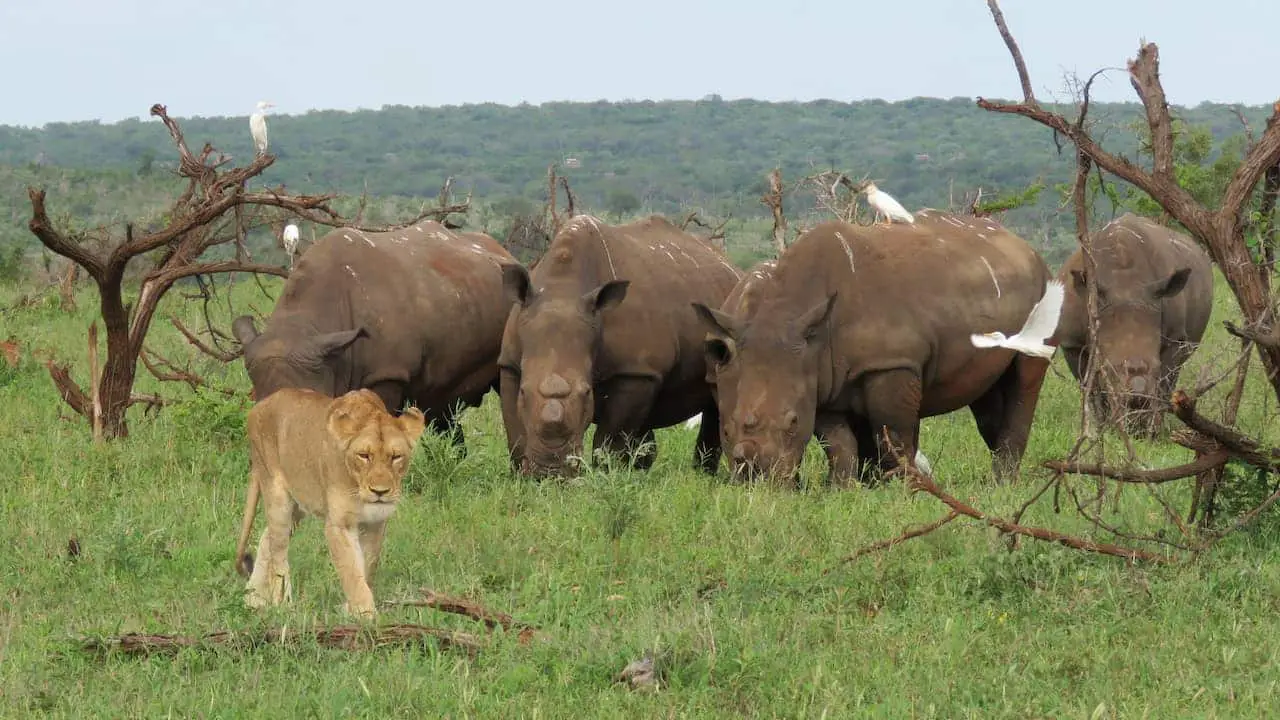The Worlds Largest Adult Traveller Population
If the world’s volunteers were to form a single country, known as Volunteerland, they would form the largest adult population in the world, behind only China. By Jennifer Woodbridge.
Economists estimate that at least 971 million people volunteer each year across the globe, whether through an organisation or other intermediary or directly with persons outside of one’s household (Salamon et al).
The sheer number of volunteers has led to a comparative reference – ‘Volunteerland’. Their total economic value is estimated at more than 1.3 trillion US dollars – making Volunteerland the seventh largest economy in the world, behind the US, Japan, Germany, China, the UK and France.
However, within youth travel, WYSE Travel Confederation estimates volunteer travel as one of the smaller sectors or niches of youth travel as a whole. It accounts for about 2% to 5% of global youth travel or 5.4 to 10+ million arrivals of the 270+ million. The reason for what seems to be an imprecise range is that young travellers typically have multiple purposes for travelling and volunteer activities could be undertaken as part of a trip with other purposes, such as an academic or gap year abroad, language immersion, an internship, or even a hybrid volunteer-holiday trip.
That said, volunteer travel can be viewed as high impact when we look at the benefits for the traveller, the volunteer project, and the local host community.
 Findings outlined in the latest WYSE Travel Confederation report on volunteer travel, ‘Project perspectives on the benefits of volunteer travel’ suggest that international volunteering contributes towards the UN Sustainable Development Goals, brings tourism spend into local economies that might not otherwise benefit from mainstream tourism, and fosters a form of cultural exchange deemed mutually beneficial by all stakeholders.
Findings outlined in the latest WYSE Travel Confederation report on volunteer travel, ‘Project perspectives on the benefits of volunteer travel’ suggest that international volunteering contributes towards the UN Sustainable Development Goals, brings tourism spend into local economies that might not otherwise benefit from mainstream tourism, and fosters a form of cultural exchange deemed mutually beneficial by all stakeholders.
Projects hosting international volunteers also reported being highly satisfied with both their professional relationships with volunteer-sending organisations and preparedness levels of the volunteers those organisations send.
As volunteer travellers are hosted by a project and community, the global association representing businesses involved in youth, student and educational travel, WYSE Travel Confederation, and its Cultural Exchange Advisory Panel, endeavoured to gain a better understanding of the benefits of volunteer travel for not only travellers, but the projects and local communities hosting visiting volunteers.
“When you consider the benefits for the traveller, the volunteer project, and the local host community, volunteer travel is high impact,” said David Chapman, Director General of WYSE Travel Confederation.
Volunteer travel is popular among young people who would like a unique experience combining work and travel. It accounts for an estimated 2 to 5 percent of global youth travel or 5.4 to 10 million of the more than 270 million arrivals per year. Volunteers contribute a considerable number of work days and spend in local economies and, according to WYSE Travel Confederation research, are among those young travellers that stay the longest and spend the most.

“Project perspectives on the benefits of volunteer travel is specifically about the organisations and communities hosting volunteer travellers and their opinions on international volunteer experiences,” explained Weinberger.
The unbalanced media portrayal of international volunteering was debated at last year’s World Youth and Student Travel Conference (WYSTC). Part of the discussion highlighted that travellers contemplating international volunteer experiences have access to more ratings and reviews than ever before and that this has led to a ‘cleaning up’ of the sector. This has been viewed positively by stakeholders who adhere to best practices and quality standards. There was also consensus that a travel trade association like WYSE Travel Confederation helps to differentiate the good players from the bad ones.
Projects hosting volunteers believe that UN Sustainable Development Goals numbers 3 and 4, Good Health and Well-Being and Quality Education, were most supported by the work done by international volunteers, according to the report.
The report, Project perspectives on the benefits of volunteer travel, is the second part of a project examining the perceived benefits of international volunteer travel.
The first part of the project focussed on the opinions of young volunteer travellers and culminated in the publication Development through volunteering overseas: Perceptions on personal and project based impact. Both reports are free to download from the WYSE Travel Confederation website at www.wysetc.org/wp-content/uploads/2017/03/Benefits-of-volunteer-travel.pdf
About WYSE: The World Youth, Student and Educational (WYSE) Travel Confederation is a global not-for-profit membership organisation dedicated to promoting and developing opportunities for the youth, student and educational travel industry.
WYSE Travel Confederation is committed to understanding the ever-changing characteristics, motivations and needs of young travellers. By gathering, analysing and sharing important market intelligence with members, academics and government decision-makers, the unique fast-changing needs of the youth market is at the forefront of its activities as it seeks to accelerate the development of youth travel. WYSE Travel Confederation, a long-standing Affiliate Member of UNWTO, is the world’s most powerful network of youth and student travel professionals, connecting travel industry players with decision-makers and government officials.
Founded in 2006 and created from the merger of the Federation of International Youth Travel Organisations (FIYTO) and the International Student Travel Confederation (ISTC), both formed after World War II to inspire young people through international travel and to help remove cultural barriers, WYSE Travel Confederation brings together 60 years of global youth and student travel expertise.
For more information about WYSE Travel Confederation, visit www.wysetc.org






